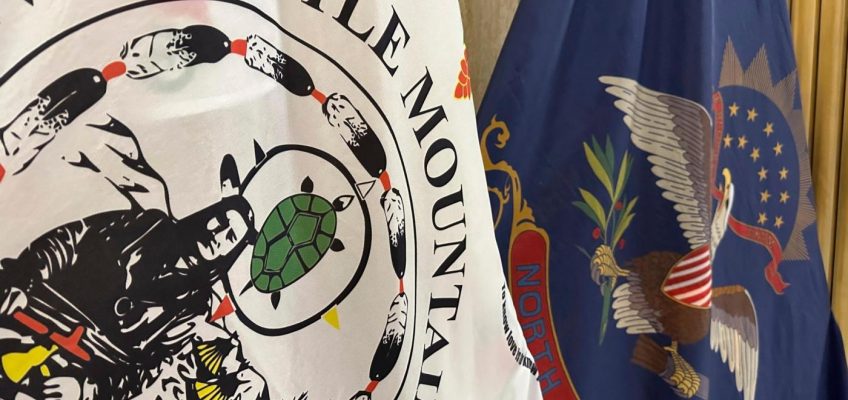By MARK SHERMAN and JACK DURA, Associated Press
WASHINGTON (AP) — The Supreme Court on Thursday blocked a lower-court ruling in a redistricting dispute in North Dakota that would gut a landmark federal civil rights law for millions of people.
The justices indicated in an unsigned order that they are likely to take up a federal appeals court ruling that would eliminate the most common path people and civil rights groups use to sue under a key provision of the 60-year-old Voting Rights Act.
The case could be argued as early as 2026 and decided by next summer.
Three conservative justices, Samuel Alito, Neil Gorsuch and Clarence Thomas, would have rejected the appeal.
Related Articles
Trump tariffs would hit Hungary hard despite warm relations with MAGA-friendly Orbán
Why are data nerds racing to save US government statistics?
US cuts short its Gaza ceasefire talks and accuses Hamas of lacking ‘good faith’
Trump’s onetime friendship with Jeffrey Epstein is well-known — and also documented in records
Australia to reduce US beef import restrictions denounced by Trump as a ban
The court also has a separate redistricting case over a second majority Black congressional district in Louisiana. The justices heard arguments in March, but took the rare step of calling for a new round of arguments in their term that begins in October. They have yet to spell out what issues they want discussed.
In the North Dakota case, the Spirit Lake Tribe and Turtle Mountain Band of Chippewa Indians, with reservations 60 miles apart, argued that the state’s 2021 legislative map violated the act by diluting their voting strength and ability to elect their own candidates.
The case went to trial in 2023, and a federal judge later ordered the use of a map of the area, including the reservations that led to the election last year of three Native Americans, all Democrats, to the Republican-supermajority Legislature.
But in a 2-1 ruling issued in May, a three-judge panel of the 8th U.S. Circuit Court of Appeals ruled that only the Justice Department can bring such lawsuits under the law’s Section 2.
The 8th Circuit also had ruled in an Arkansas case in 2023 that private individuals can’t sue under the same provision.
More than 90 percent of Section 2 cases have been brought through private enforcement, UCLA law professor Richard Hasen wrote on the Election Law blog.
The 8th Circuit rulings conflict with decades of decisions by appellate courts that have affirmed the rights of private individuals to sue under Section 2.
The Supreme Court often will step in when appeals courts around the country come to different decisions on the same legal issue.
The 8th Circuit covers seven states: Arkansas, Iowa, Minnesota, Missouri, Nebraska, North Dakota and South Dakota. In the wake of the Arkansas decision, Minnesota and other states moved to shore up voting rights with state-level protections.
Dura reported from Bismarck, North Dakota.


Leave a Reply